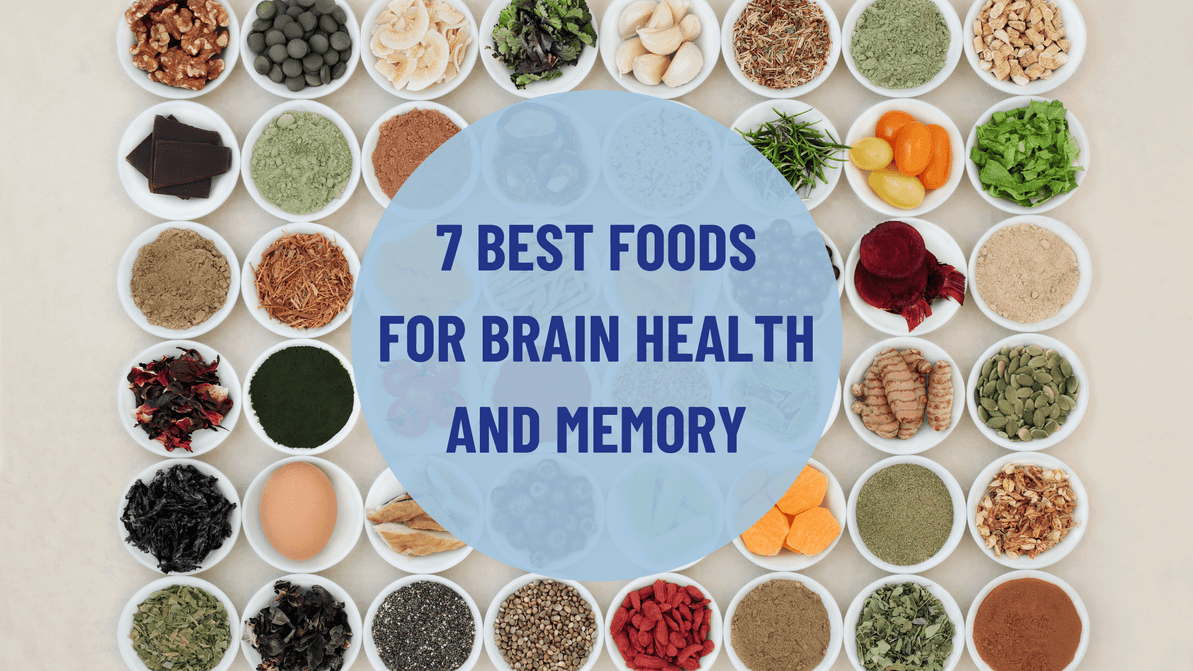7 Best Foods for Brain Health and Memory
The brain is a crucial organ. Movement, thoughts, and even breathing are functions dictated by the brain. This impressive organ represents about 2% of your body weight, and it also requires about 20% of the calories consumed during one day.
Cognitive abilities and memory tend to decline as we age. Sadly, there's no way to prevent this process. But that doesn't mean we can't slow it down. Research shows that a diet rich in antioxidants, vitamins, minerals, flavonoids, and more can improve memory, concentration, and brain health in general.
So what are the best foods for brain health and memory? And do you also need to supplement? Here's what you need to know.
7 foods for brain health and memory
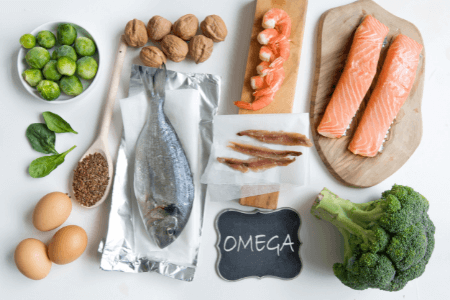
1. Fatty fish
Fatty fish and omega-3 are one of the first things people think of when talking about foods for the brain. And for good reason.
Omega-3 fatty acids are essential for your brain, which is comprised of about 60% fat. Of that, half of it consists of omega-3s.
A study conducted in 2017 found that those whose diets contain high levels of omega-3s had increased blood flow to the brain. Omega-3 is also connected to better cognitive abilities and memory.
There are even studies showing diets high in fatty fish could help slow down age-related mental decline. They may also help with Alzheimer's disease.
And because omega-3s are such a key component of brain health, the lack is quickly felt. Not getting enough fatty acids in your diet can lead to depression and learning impairment.
Should you prioritize a particular type of fish, or are they all the same?
Salmon, herring, tuna, and mackerel are some of the fish that have the highest amounts of omega-3s. The good news is that all fatty fish contain omega-3s. Salmon may have the highest levels, but that doesn't mean eating cod, for instance, will yield no benefits.
Supplementing is an option, and you can find quality omega-3s out there. However, remember you shouldn't try to out-supplement a lousy diet. Getting nutrients from food is always preferred.
A note for vegans and vegetarians: Walnuts, chia seeds, and flaxseeds are excellent sources of omega-3.
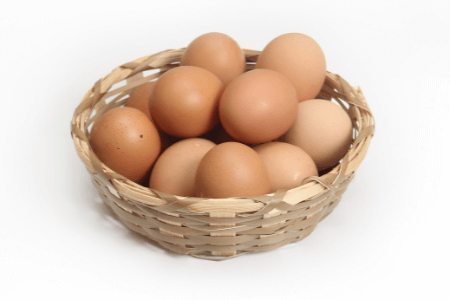
2. Eggs
Eggs contain several nutrients that are key to brain health and memory: vitamins B6, B12, and folate. A 2010 study showed that these vitamins slow the rate of cognitive decline, and they may also prevent brain shrinkage.
Furthermore, a deficiency in folate and vitamin B12 has been linked to depression. Studies show a folate deficiency is common among older patients dealing with dementia.
Choline is another nutrient found in eggs, specifically in the yolk. Your body uses choline to create acetylcholine – a neurotransmitter that helps improve memory and mood.
The necessary of choline for a woman is around 550 mg, while a man needs about 425 mg per day. A single egg yolk will provide 112 mg.
A note for vegans and vegetarians: Chickpeas, dark leafy greens, bananas, oranges, potatoes, and enriched cereals are a few good sources of vitamin B6. Dark leafy greens (sensing a trend here?), beans, and whole grains are a few good sources of folate. For vitamin B12, see our blog post here.
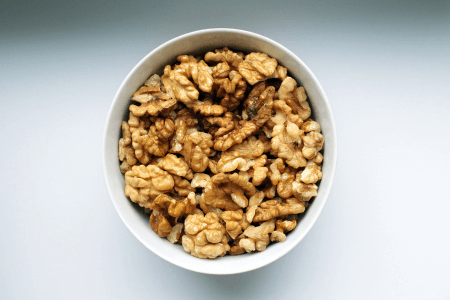
3. Nuts
When it comes to the best foods for brain health and memory, we can't forget about nuts. They are high in healthy fats, antioxidants, vitamin E, and even omega-3. Several studies have linked various nuts to both heart health and brain health.
Walnuts are probably top of the list. It may not be an accident that they’re shaped almost like a brain! They have twice as many antioxidants as compared to other nuts.
Walnuts are also a source of alpha-linolenic acid (ALA) – a plant-based omega-3. ALA suppresses inflammation and oxidative stress, and in doing so, it helps slow down age-related cognitive decline. Studies show that 1-2 ounces of walnuts per day are enough to improve brain health.
Vitamin E is another essential nutrient for the brain, which is found in almonds, walnuts, sunflower seeds, pecans, and other nuts and seeds. A 2014 study showed vitamin E reduces the risk of developing Alzheimer's disease and improves cognition.
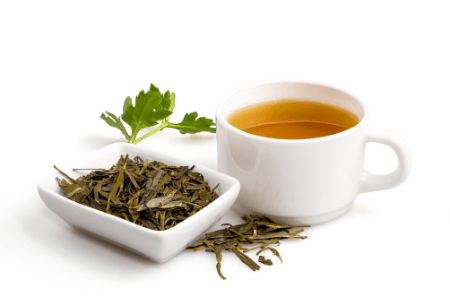
4. Green tea
Green tea, and caffeine in general, can help improve brain function. On top of helping you feel more alert and improve your focus, green tea can help reduce anxiety, and it may protect against Parkinson's and Alzheimer's disease.
This is due to the antioxidants and the L-theanine found in green tea. L-theanine is an amino acid that can increase the activity of the GABA neurotransmitter, and GABA, in return, reduces anxiety and depression.
L-theanine can help you feel more relaxed. But unlike other foods and supplements that promote relaxation, it won't make you feel tired or sluggish.
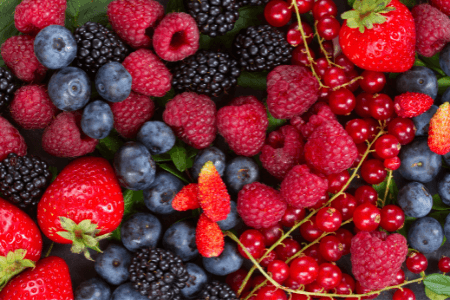
5. Berries
If you want to get more antioxidants into your diet, berries are your friends.
Strawberries, blueberries, and blackberries have the highest levels of antioxidants. But don't neglect the raspberries or mulberries either; they're all fantastic for brain health.
A study conducted in 2014 proves the benefits of the antioxidants found in berries. It showed they could reduce inflammation, which helps both heart and brain health.
They can also improve the communication between your brain cells, leading to better memory. Finally, antioxidants in berries may reduce the risk of neurodegenerative diseases.
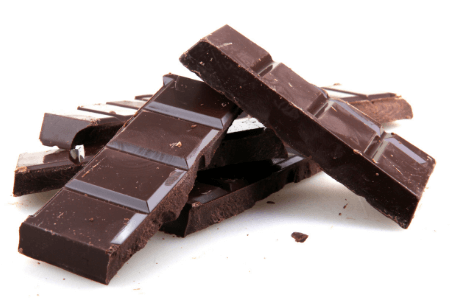
6. Dark chocolate
Yes, you read that correctly! You're not only allowed to eat chocolate, but you're also encouraged to do so.
Dark chocolate contains cacao which in turn contains high levels of flavonoids. These are a type of antioxidants with great proven benefits for brain health.
A study conducted in 2013 showed there might be a connection between memory and flavonoids. More specifically, these antioxidants encourage neuron growth which is involved in memory function.
Another study conducted in 2018 confirmed that dark chocolate does indeed support cognitive function.
Dark chocolate also contains magnesium, which is excellent in reducing anxiety, depression, and helping you relax and sleep better.
To reap these benefits, though, you need to consume chocolate that has at least 70% cacao. Chocolate with a smaller cacao percentage doesn't seem to have the same benefits.
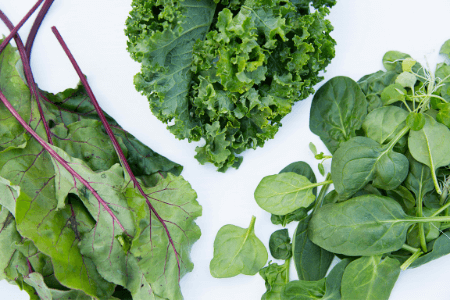
7. Leafy greens
Leafy greens can be found in most lists of healthy foods. They're so rich in vitamins and minerals and are great for just about anyone.
Leafy greens such as spinach or kale contain beta carotene, vitamin K, vitamin E, and folate. All these nutrients contribute to brain health by slowing down age-related cognitive decline, supporting blood flow to the brain, and improving memory.
A word on supplements for brain health
If you take a look at this side of the market, chances are you’ll feel overwhelmed by all the supplements for brain health. Are they worth it? That depends.
The best is to get as many nutrients as possible from whole foods. But sometimes, that may not be enough. Also, depending on where you live, some foods may not always be available or may be of low quality.
Supplements to consider include all the vitamins and minerals we've already mentioned. Focus on omega-3, B vitamins, vitamin E, vitamin K, and magnesium.
The bottom line
There are many foods for brain health and memory. Some, like berries and green tea, contain plenty of antioxidants that protect your brain against oxidative stress. Others, like oily fish, eggs, and nuts, contain nutrients that support your memory and cognitive abilities.
And if you want to try out supplements, we can help. Omega-3s are great, especially if you know you can’t get enough fatty fish in your diet. As for vitamins, you can try a multivitamin or a vegan vitamin complex for lasting energy and brain and overall health.
Simple diet changes can truly make a difference! But don't forget that's not all that brain health is about. Stress management, spending time outside, and prioritizing rest are crucial for both brain and overall health.
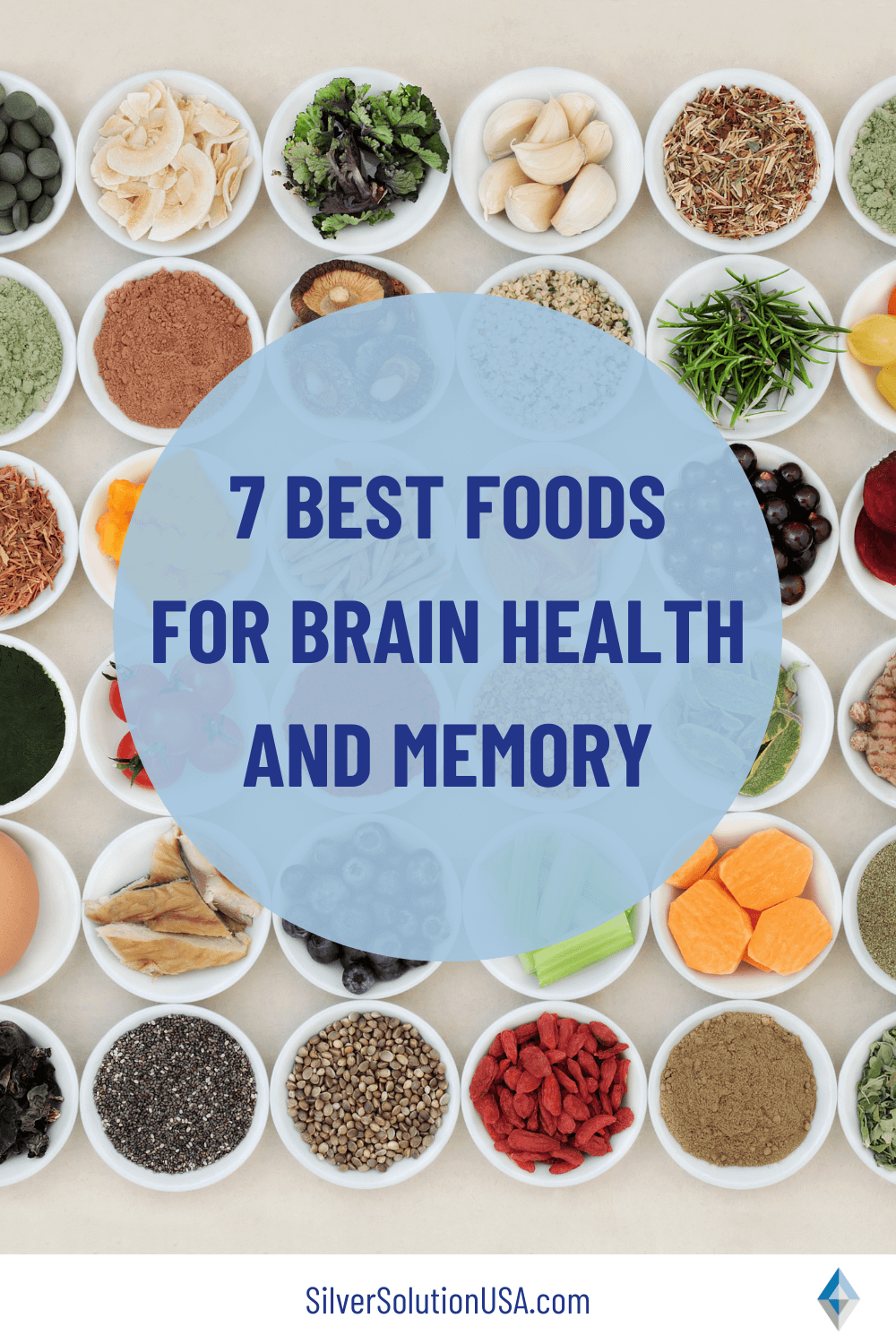
Health/Medical Disclaimer
This blog post does not provide health or medical advice. This blog post is for informational and educational purposes only and is not a substitute for professional health or medical advice. Before taking any actions based upon such information, we encourage you to consult with the appropriate medical and healthcare professionals. We do not provide any kind of health or medical advice. The use or reliance of any information contained on this blog is solely at your own risk.
Sources
https://www.pnas.org/doi/10.1073/pnas.172399499
https://www.ncbi.nlm.nih.gov/pubmed/26795198
https://pubmed.ncbi.nlm.nih.gov/31477191/
https://pubmed.ncbi.nlm.nih.gov/29551101/
https://www.ncbi.nlm.nih.gov/pubmed/26809263
https://journals.plos.org/plosone/article?id=10.1371/journal.pone.0012244
https://www.ncbi.nlm.nih.gov/pmc/articles/PMC6213596/
https://www.ncbi.nlm.nih.gov/pmc/articles/PMC4192974/
https://pubmed.ncbi.nlm.nih.gov/29936555/
https://www.ncbi.nlm.nih.gov/pmc/articles/PMC7071526/
https://www.ncbi.nlm.nih.gov/pmc/articles/PMC4276978/
https://pubmed.ncbi.nlm.nih.gov/31758301/
https://www.ncbi.nlm.nih.gov/pmc/articles/PMC4728665/
https://www.ncbi.nlm.nih.gov/pmc/articles/PMC4192974/
https://www.ncbi.nlm.nih.gov/pmc/articles/PMC3575938/
https://faseb.onlinelibrary.wiley.com/doi/abs/10.1096/fasebj.2018.32.1_supplement.878.10
https://www.hsph.harvard.edu/nutritionsource/vitamin-b6/
https://www.mayoclinic.org/drugs-supplements-vitamin-b6/art-20363468
Recent Posts
-
Are sunscreen ingredients harmful?
Sunny days can bring a lot of fun. Going out for a swim, spending time in nature, or relaxing on the …18th Mar 2024 -
The Veggie Debate: Does Cooking Vegetables Destroy Nutrients and the Best Ways to Cook Them
Vegetables are one of the healthiest foods you can choose. Some people downright hate them, while so …4th Mar 2024 -
Best Foods for COVID Recovery and Prevention
A few years ago, a new virus took the world by surprise. COVID-19 may look like the flu on the surfa …19th Feb 2024

